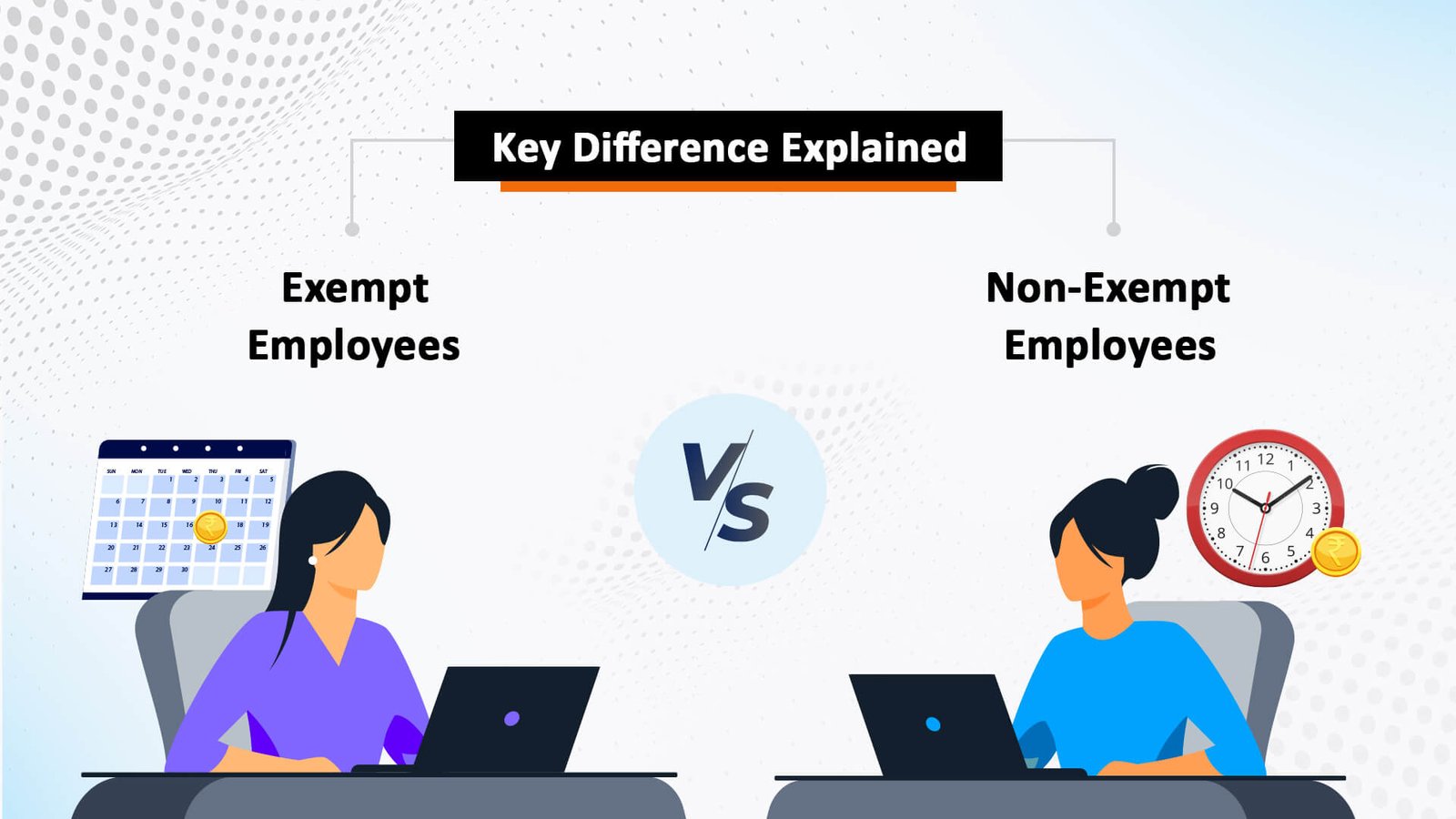Every American state has its own different rules for unemployment insurance taxes under the SUTA Tax Act. Employers in the USA have to calculate SUTA accurately while managing the payroll and complying with the laws.
The different wage limits and tax rates are often confusing, and a single error or inaccuracy will lead to penalties. Let’s dive into an updated guide that will help you understand SUTA and everything else you need to know about SUTA tax.
What is SUTA Tax?
Each state defines its own unemployment rates and taxable wage base under the State Unemployment Tax Act (SUTA). As per the US Department of Labor, “Each state law determines its own state unemployment insurance tax rates,” and states publish their own wage base and rate tables. Let’s discuss each of them.
Examples:
- Alabama: The taxable wage base is $8000 per employee, with rates between 0.59% and 6.19%.
- Florida: The wage base is $7,000, with a default new employer rate of 2.7%.
- Oklahoma: New employers are assigned a rate of 1.5% on a $27,000 wage base.
These rates may be adjusted annually, and new employers often start at a flat rate before gradually moving to experience-based rates.
Registering and Filing SUTA Taxes
Employers must register for SUTA in the prescribed state where they operate. Alabama’s employers must file Form SR-2 as soon as they become accountable for SUTA. In Florida, each new employer must register and receive a reemployment tax account number by filing Form RT-6 for each quarter.
Filing deadlines are also different state by state in SUTA; most states require reporting quarterly through state-specific forms, primarily for each quarter.
How SUTA Rates Are Determined
Many states are using experience rating systems that assign SUTA rates to employers. Those rates are based on the number of unemployment claims filed by former employees, the total taxable wages paid, and the total taxable wages paid.
Let’s discuss this by example: in Florida, new employees start at 2.7% for the first 10 quarters, and after that, they will adjust based on a 3-year benefit ratio. In Alabama, employers are assigned to one of the 17 tiers, which are based on the benefits ratio along with taxable payroll history.
Wage Base Limits and Excess Wages
Each state can set the SUTA taxable wage base. Once an employee earns above this threshold, those wages are not taxed under SUTA. For example, Alabama has an $8000 wage base, and Florida has a $7000 wage base.
FUTA vs. SUTA: Key Differences
The Federal Unemployment Tax Act (FUTA) is a federal payroll tax imposed on employers. It pays for the administrative costs of state unemployment insurance programs and provides emergency assistance or loans to the government from depleted trust funds.
The SUTA is the state-level unemployment tax that directly supports benefits for qualified unemployed workers.
FUTA Rate (as per 2025):
Standard: 6% on the first $7,000
Employers: Workers who pay SUTA on time and in full can claim a credit of up to 5.4%, which lowers the FUTA rate to 0.6%.
FUTA Max Liability per Employee:
With credit: $42 per employee annually
Without credit: $420 per employee annually
Sources:
U.S. DOL – FUTA Credit Reductions
IRS – Form 940 Instructions
Employer Responsibilities
Employers must:
- Register for state unemployment accounts as soon as they hire eligible workers.
- Withhold and deposit taxes (where applicable) quarterly.
- File tax returns for state and federal agencies quarterly and annually as prescribed by law.
- File quarterly and annual tax returns with both the state and federal agencies.
- Have to maintain the wage records for audit and law enforcement.
- Avoid human errors, such as classifications (W-2 vs. 1099 form).
Employee Eligibility and Benefits
The unemployment insurance programs can provide temporary financial support to employees and workers who are laid off without any personal fault or misconduct of their own.
Key eligibility criteria:
- Lost job due to layoffs, not misconduct
- Met state-specific earnings or hours requirements
- Actively seeking work and available for employment
- File weekly or biweekly claims
States with employee SUTA contributions:
- Alaska
- New Jersey
- Pennsylvania
In all other states, only employers pay SUTA.
Source: USA.gov – Unemployment Help
Business Exemptions from SUTA and FUTA
Many businesses are exempt from paying the SUTA and the FUTA taxes.
1. Non-Profit Organizations: 501(c)(3)
Exempted from FUTA, can opt to reimburse the state for actual UI claims instead of paying regular SUTA tax.
2. Domestic Employers
Only liable if they pay $1,000 or more to a household worker in a calendar quarter
3. Agricultural Employers
Must pay UI taxes if they employ 10+ workers for 20+ weeks or pay $20,000+ in a quarter
4. Government Entities
Typically exempt from SUTA, though some local agencies participate voluntarily.
Source: IRS FUTA Exemptions
SUTA, SUI, and Reemployment Tax: Different Names, Same Function
As it is, state taxes in all the different states of the US are using different names for the same term; for example, the general term is the State Unemployment Tax Act, but in many states, they are using the state unemployment insurance name for unemployment tax, while in Florida, they call it reemployment tax.
Different states call it with different names, but despite the names, the core functions remain the same; that is, to provide temporary income to the unemployed employee to maintain a stable labor market.
Recent Updates and Legislative Changes
Employers have to stay up-to-date with current developments that affect unemployment insurance.
The USA Labour Department continuously publishes the changes to
The U.S. Department of Labor regularly publishes changes to FUTA credit reductions, wage base increases, and trust fund updates.
State legislatures may adjust SUTA wage bases, implement new filing systems, or change unemployment claim eligibility thresholds.
Significant Findings
Understanding the SUTA is crucial for any employer and small and medium-sized owner in the USA. Staying compliant with laws can help you avoid penalties and fines, and it will contribute a certain amount to a reliable unemployment insurance system. So register yourself ASAP, calculate the taxes, and file everything on time. Businesses have to ensure their operations remain accurate, efficient, and lawful.
Are you an employee or an employer who consistently has trouble computing taxes and is looking for straightforward, user-friendly, yet precise ways to create a paystub? Use StubCreator, our free paystub creation tool, to help you stay in compliance with the quarterly filing.
Try StubCreator instead of expensive payroll software. It will streamline the payroll procedure with precise tax computations for all taxes. With updated 2025 FUTA data, StubCreator will offer accurate tax computations to expedite the payroll process while adhering to federal unemployment tax regulations.
If you want to stay informed about the law changes, then consult the labor department or the unemployment insurance office. Along with that, you can refer to official federal guidance from the IRS and the United States Department of Labor.
FAQ's
What are SUTA rates and why are they important?
+
SUTA (State Unemployment Tax Act) rates are taxes that employers pay to fund state unemployment insurance programs. These rates vary by state and are crucial for compliance with unemployment tax laws.
How do I determine my state's SUTA rate and wage base?
+
Each state sets its own SUTA rate and wage base, which can change annually. You can check the rates on your state’s Department of Labor website or consult with your payroll provider for the most up-to-date information.
Do SUTA rates apply to all employees?
+
SUTA taxes generally apply to employees earning wages up to a certain threshold, known as the wage base. Employees earning above this limit are not subject to further SUTA tax for that year.
Can SUTA rates change from year to year?
+
Yes, SUTA rates and wage bases can change annually. States typically adjust these rates to ensure their unemployment insurance funds remain solvent. Always check the new rates at the beginning of each year.





